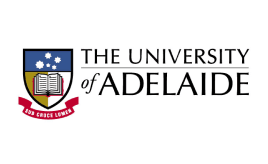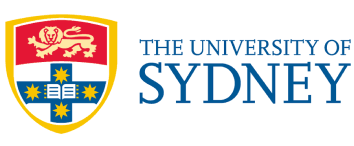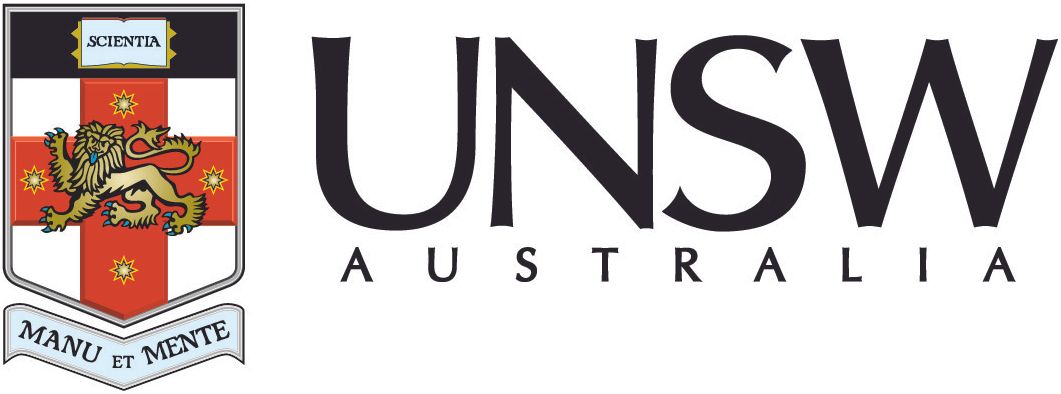Study in South Australia finds carbon gains could pay for farmer-led biodiversity restoration
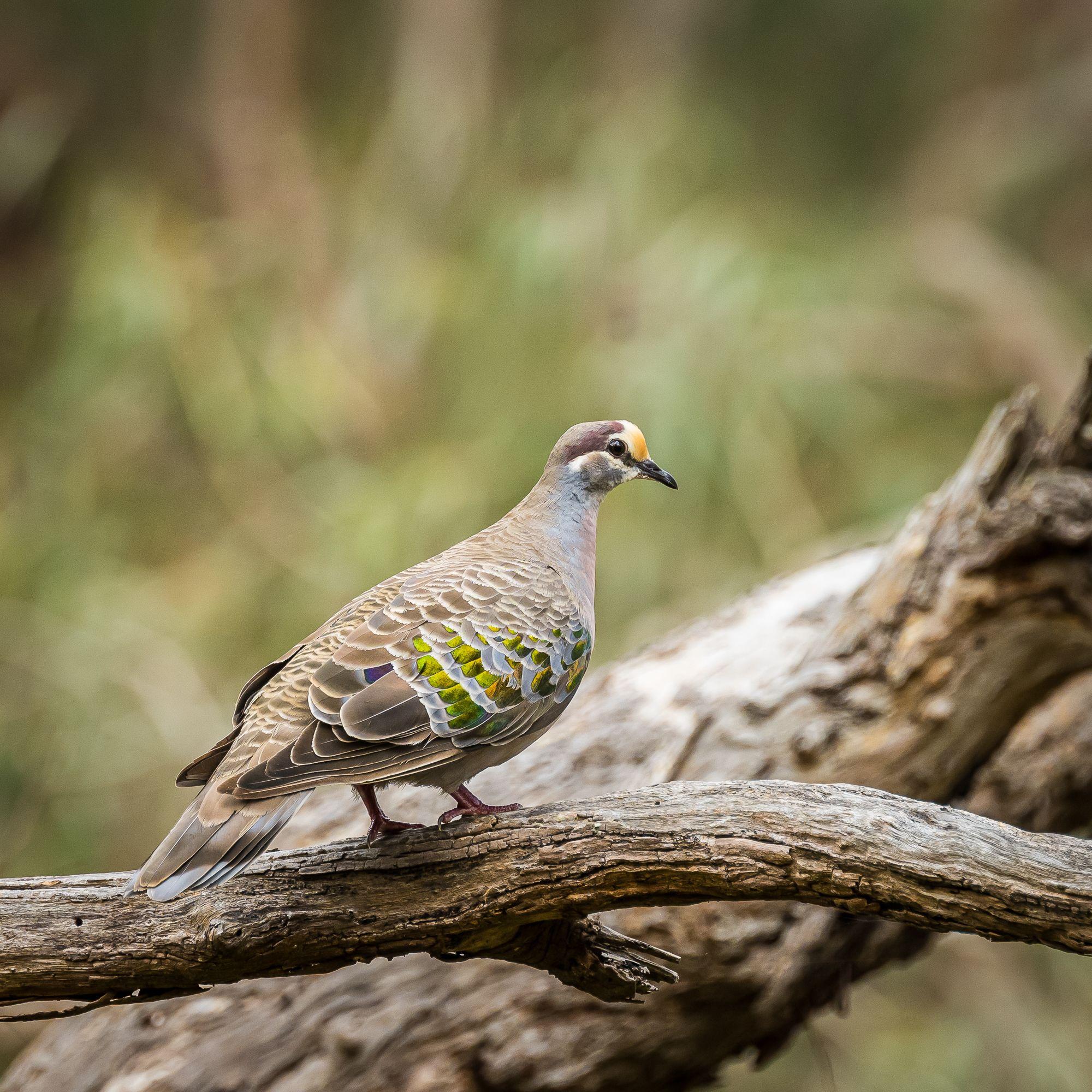
Mt Lofty Ranges are home to a diversity of birds, including the common bronzewing. Image: Kayelk, CC BY-NC 4.0 DEED via iNaturalist
Media Release
18 January 2024
Market-based schemes that financially reward landholders to store carbon or improve biodiversity have been around for many years, but few schemes have rewarded farmers for delivering both at the same time.
A new study published in Environmental Management shows that this is a huge missed opportunity for the climate, nature and landholders.
The research team from The University of Adelaide reviewed the BushBids program in South Australia’s Mount Lofty Ranges, where 90% of woodlands have been cleared since European colonisation.
The program paid landholders to undertake activities that improve biodiversity by restoring degraded woodlands, such as by reducing stock grazing, retaining fallen logs, and managing weeds and feral animals. It was paid for by the Australian Government and administered by the South Australian Government.
“Australia is facing two environmental crises simultaneously - climate change and loss of biodiversity,” said the lead author of the study, Dr Anthelia Bond at The University of Adelaide.
“These problems are intertwined; loss of biodiversity generally makes climate changes worse and climate change threatens biodiversity. Many actions like restoring native vegetation and ecosystems help to tackle both problems.
“In Australia most programs try to solve each problem separately. So, carbon programs don’t reward participants for biodiversity gains and vice versa.
“Our monitoring in the Mt Lofty Ranges showed that the BushBids activities improved woodland biodiversity, and also led to additional carbon being stored in the woodlands.
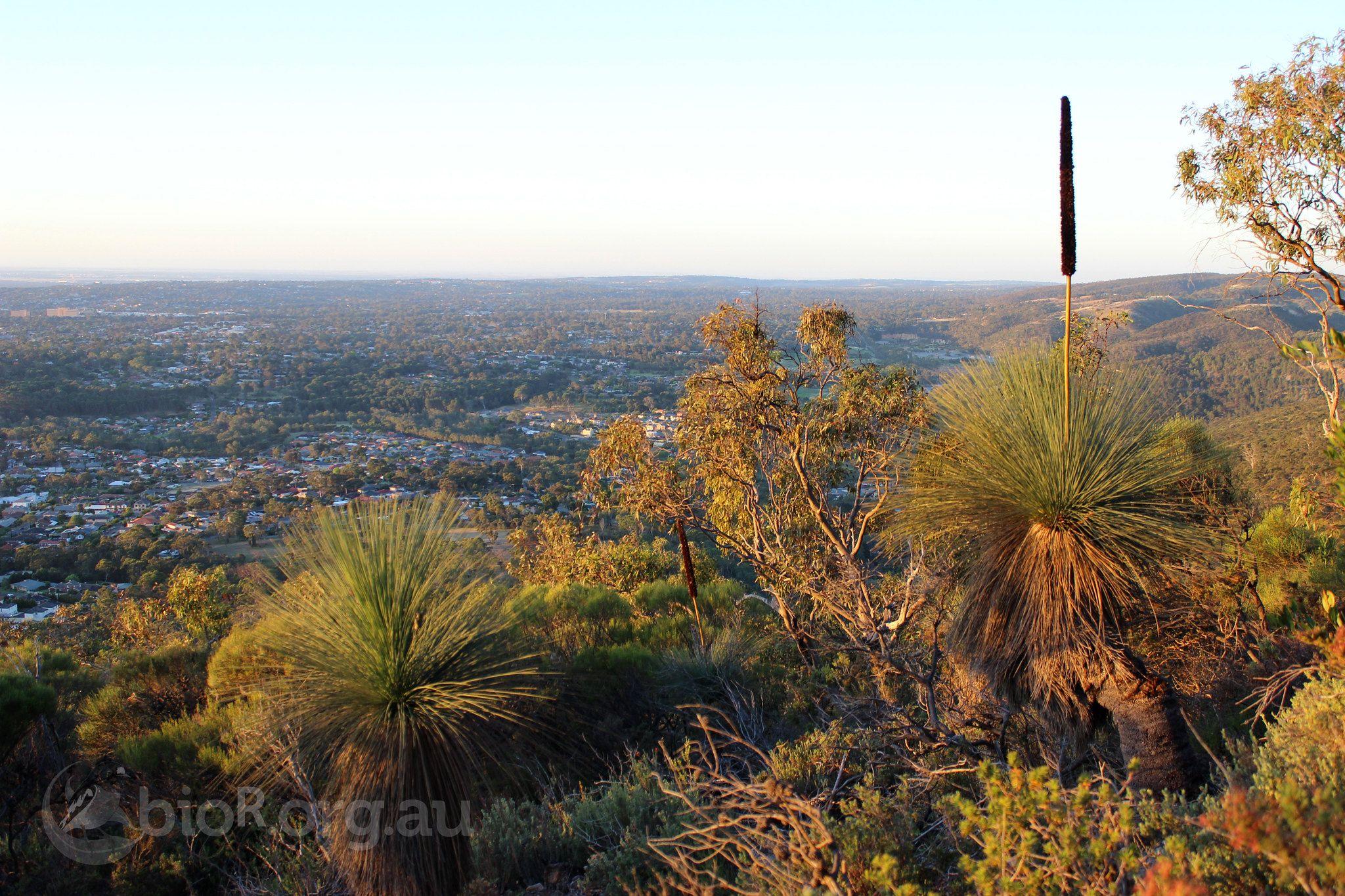
The BushBids market-based stewardship agreements have helped improve native woodland habitat over thousands of hectares. Pictured: Mount Lofty grass trees and heath overlooking Adelaide. Image: BioR Australia, CC BY-NC-ND 2.0 DEED via Flickr
“Australia’s carbon market does not currently recognise this type of carbon gain. But if it did, based on current carbon prices and the amount of carbon stored, carbon credits could have paid for the biodiversity program.
“The findings of this study have major implications for Australia’s carbon market and the Australian Government’s new Nature Repair Market,” said Dr Bond.
Australia’s Biodiversity Council says that the findings are nationally important as finding new ways to fund farmers to restore degraded ecosystems has never been more important.
Co-author and Biodiversity Council member, Associate Professor Patrick O‘Connor from University of Adelaide, said the findings offer ways to innovate to fund much needed and under resourced biodiversity restoration in Australia.
“Recognising carbon and biodiversity benefits at the same time would create a much bigger incentive for landowners to undertake biodiversity-positive carbon projects,” said Associate Professor O‘Connor.
“Australian farmers have demonstrated that they can restore degraded ecosystems in a cost-effective way – and they should have better access to carbon funding to do it.
“Done right, this can be a huge win-win for both nature and the climate. Climate change and nature loss are our biggest environmental problems - so why aren’t incentive programs tackling them together?”
The Biodiversity Council is an independent expert group founded by 11 Australian universities to promote evidence-based solutions to Australia’s biodiversity crisis.
This video explains the authors’ findings









